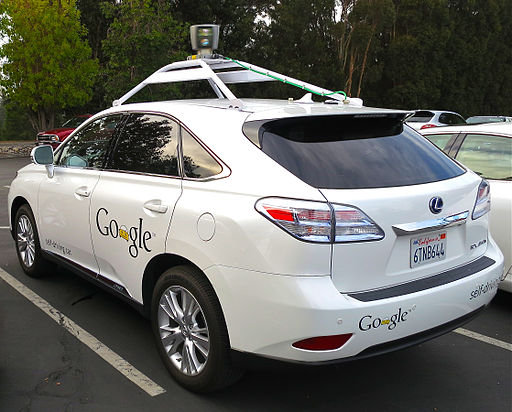"Disrupt" is a popular buzzword in the tech world, but it lacks real meaning. New tech companies and products can typically fit into one of three categories:
Paradigm shifters - These are the truly rare developments that eventually create significant shifts in our whole society. One of the best early examples is the steam engine. By freeing people from the limitations of muscle or sail power, the steam engine changed the world.
A possible future paradigm shifter is self-driving cars. They have the potential to be more than just cars that are relaxing to travel in. If vehicles can drive themselves, it could eliminate the need for personal ownership of cars. Taxis would be far cheaper and more widely used, potentially freeing up huge amounts of urban space currently dedicated to parked vehicles. This could completely change the urban landscape.
Incrementalists - Many like to think their ideas are revolutionary instead of evolutionary, but few ideas actually are. Most good ideas create only incremental improvements in society, but they are still important. Something that only slightly improves the lives of millions of people is still a significant net benefit to society and can be an extremely successful business.
One good tech example of this might be grubHub. Ordering food delivery has been a custom for decades; grubHub just made it marginally better. It has not completely changed how society interacts with food, but it has made a real improvement to an existing concept.
Rule breakers - A significant trend in the tech industry right now is "regulatory arbitrage." Effectively, a company pretends to have created real innovation, but their success mainly comes from violating the spirit of existing laws by claiming some obscure technical detail has created a new legal loophole. Sometimes these attempts to find a loophole fail. The biggest example of this is Aereo, which unsuccessfully tried to claim that by using millions of tiny antennas to retransmit broadcast television, it technically didn't function like a cable company -- and thus wasn’t subject to the same retransmission fees.
Sometimes these loopholes created by technology are found acceptable. Many of the most successful tech companies right now have combined real incremental improvement with regulatory arbitrage. Uber, for example, did improve car services with mobile payment and real-time tracking, but much of its success comes from exploiting legal loopholes exempting it from classification as a taxi company (despite behaving very similarly to one). This saves them from significant regulatory expenses. Similarly, Airbnb has made it easy for people to find places to rent, but early on it won a competitive advantage by their clients not paying hotel taxes and offering short term rents which in many places are technically illegal.
Companies that depend of exploiting loopholes, however, are always vulnerable to new court rules, counter lobbying, and the changing will of the government.
It would make for an interesting --but probably very difficult to conduct-- study to see if in the past several years the United States has seen more tech companies trying to exploit regulatory arbitrage than other first world countries given the incredible level of political gridlock in Congress.
*By Driving_Google_Self-Driving_Car.jpg: Steve Jurvetsonderivative work: Mariordo [CC BY 2.0], via Wikimedia Commons


No comments:
Post a Comment